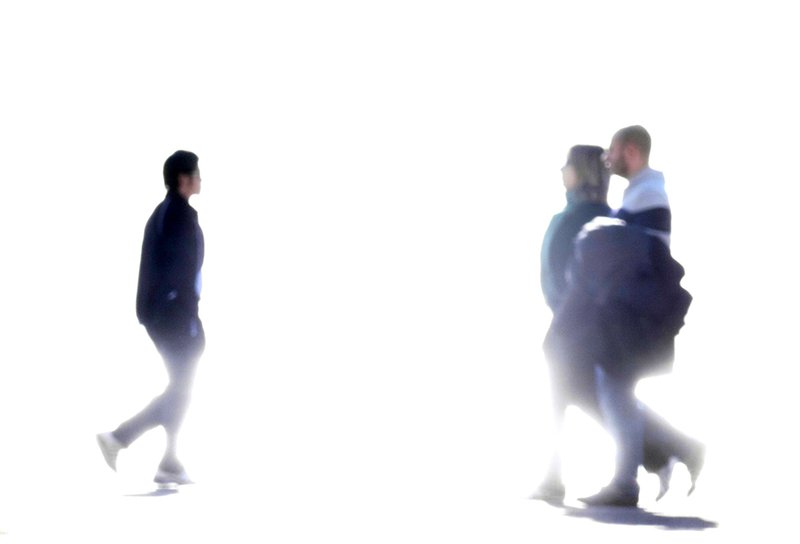Centers, Margins, Boundaries
Geocritical Approaches to Representations of Exile, Diaspora, and Migration in Modern Literatures
Our research group explores and articulates a new understanding of Europe through interdisciplinary literary studies and comparative approaches to studies of exile and diasporas. Instead of defining Europe as an old cultural center, we analyze its cultural reverberations from abroad, specifically from Africa, Latin America, and the United States.
Exiled Writers
Exiled writers look at Europe from afar and articulate a different understanding of traditional cultural and literary practices. We aim at subverting that reading by including peripheral thinkers in the discourse. In the current crisis of European nationalisms and identity, our research analyses iterations of a new kind of European identity that both struggles with and embraces change in the form of immigration, emigration, and exile.
Through literature, photography and film the imaginary becomes tangible and influences our knowledge of Europe, no longer an "old center" but one that sheds light on the subverting changes of this continent in the world today.
Modernity
Edward Said, one of the most eminent critics and intellectuals of the 20th century and an exile himself, explores the notion of exile as "a condition of terminal loss." On the other hand, Said identifies exile as a "potent, even enriching, motif of modern culture." ("Reflections on Exile," 173.) Exile creates a state of not-belonging, of simultaneously being no longer and not yet at home in more than one culture and place. And while it ruptures the lives and identities of those who are forced from their home countries and places, it also sharpens their sense of temporality, the awareness for origin, transit, and refuge, for tangible places and cultural spaces.
The diasporic existence can produce an increased sensibility for multi-ethnic societies and individuals who inhabit more than one culture and space. Thus, exile can, without eradicating the trauma and sadness at its roots, also encompass opportunity; and for some individuals, as for the countries and cultures of refuge, it can eventually mean enrichment.


